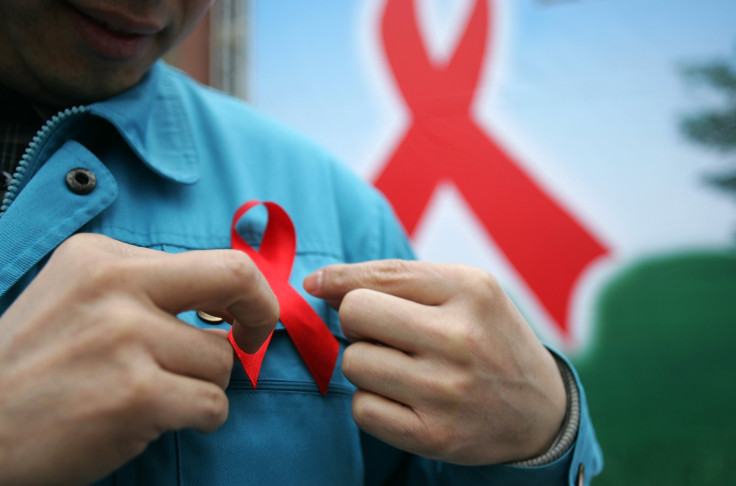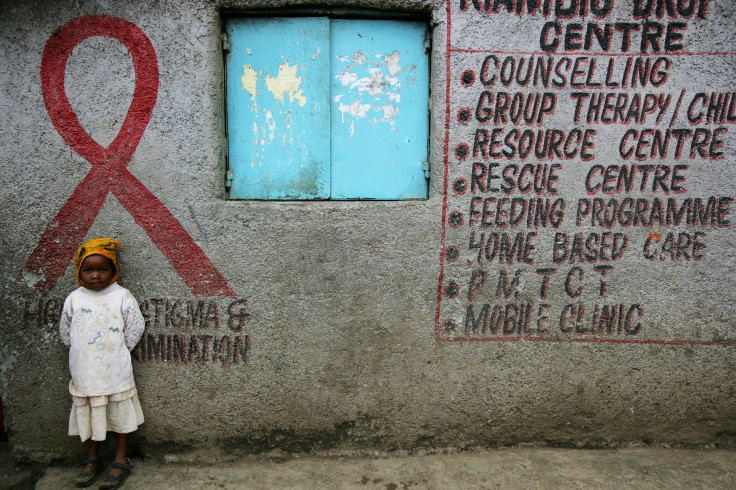Passing HIV Infection To A Child While Conceiving Can Be Avoided By Following Preventive Measures

Despite the popular notion that a woman must not risk having unprotected sexual intercourse with a man infected with the Human Immunodeficiency virus , lest the child is also born with the same virus, new studies have surfaced that suggest that a couple can even conceive if the male partner is HIV positive.
HIV is a retrovirus which causes HIV infection that attacks the CD-4 cells in a person’s immune system and makes it vulnerable to life threatening diseases and other infections.
Due to the wide spread awareness regarding the virus, it has become common knowledge that the virus cannot be transmitted by human contacts such as handshakes, sharing food or water. Transfer of body fluids from an infected person to a non-infected one is the only way that HIV infection spreads.
Hence, blood transmission, exchange of body fluids like semen, pre-seminal or vaginal fluids during unprotected sexual intercourse, pregnancy or breastfeeding are the only ways that the HIV virus can be spread between two individuals.

Read: Charlie Sheen's HIV Disclosure Almost Doubled Sales Of Test Kits, Study Reveals
When the man is HIV-positive, it was previously recommended that the woman takes help of a sperm donor if she wants to conceive. This means that the child would only be biologically connected to one of his parents, which not the ideal option any couple would want.
According to Centers for Disease Control and Prevention (CDC) and Emory University School of Medicine, a couple no longer has to make the difficult decision of choosing if they want to opt for a sperm donor or adoption if the male partner in the relationship is HIV positive, Contagion Live reported.
The couple may safety engage in intercourse without protection if both the man and the woman are willing to employ certain preventive measures, something that most couples are unaware of.
The first way to successfully achieve this is for the man to get treated with highly active antiretroviral therapy (HAART). In the meantime, the woman has to take a daily dosage of antiretroviral preexposure prophylaxis, known as PrEP.
Intrauterine Insemination (IUI) or Vitro Fertilization (IVF) can also be opted for, in which case the sperm of the HIV-infected man will be collected and “washed” to remove any traces of the virus. According to various studies conducted, 92 percent to 99 precent of “washed” sperms do not carry any traces of HIV virus.

However, before undergoing any medical procedure to assist safe conception, CDC recommends that the couple get a full fertility checkup. In some cases, HIV-infected men may face impaired fertility, which may cause difficulties during intercourse. In that case, IUI becomes the only alternative when it comes to conceiving a child.
Cases of young men getting infected with HIV virus is on the rise in Middle East and Africa because of the lack of awareness regarding issues like drug abuse and unprotected physical contacts among adolescents, Sat PR News reported.
While governments of most countries have increased their efforts to counter the spread of HIV, underdeveloped countries continue to slash HIV funds, promoting social stigma and discrimination and refrain from bringing in advanced technologies to treat the virus.
© Copyright IBTimes 2024. All rights reserved.












